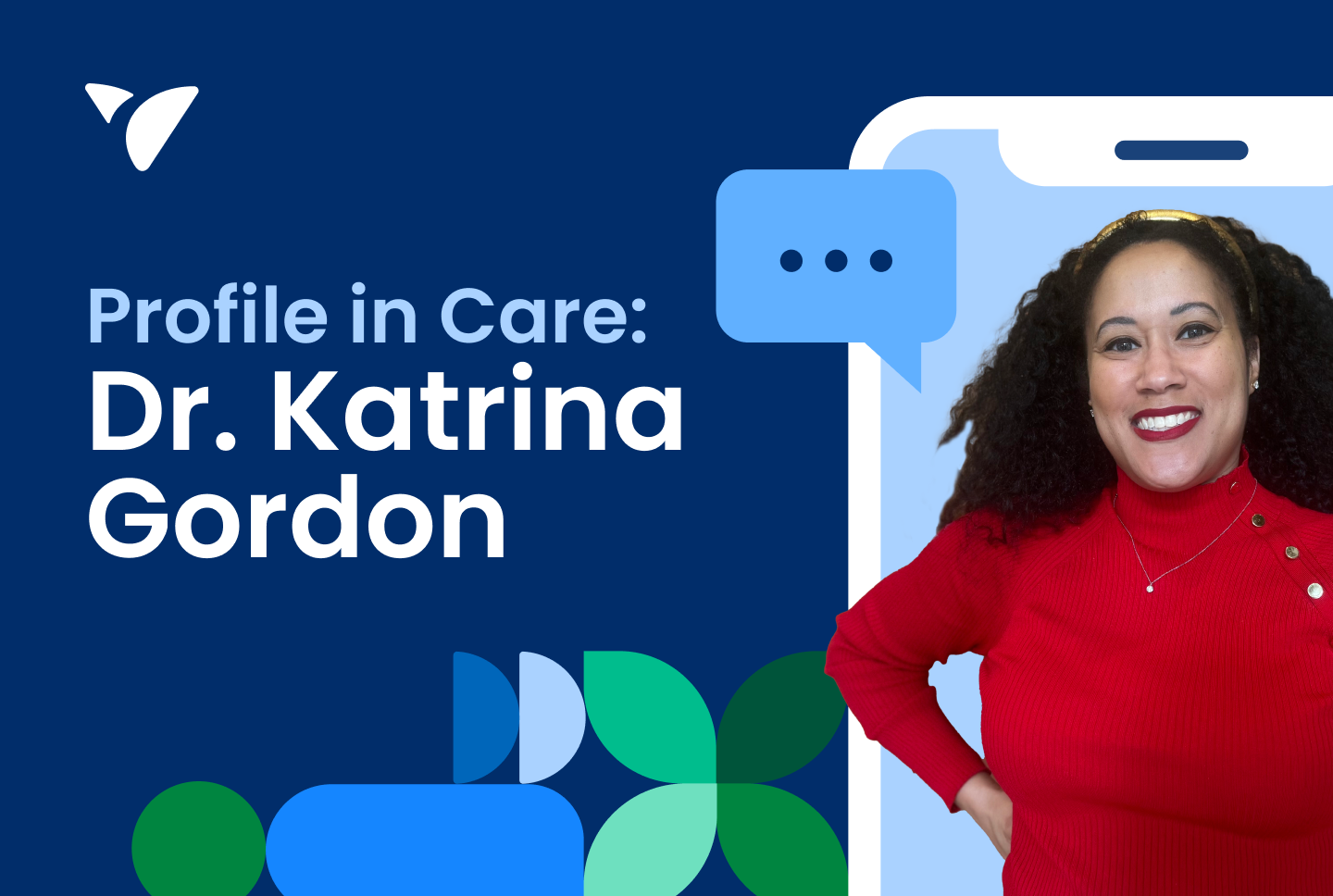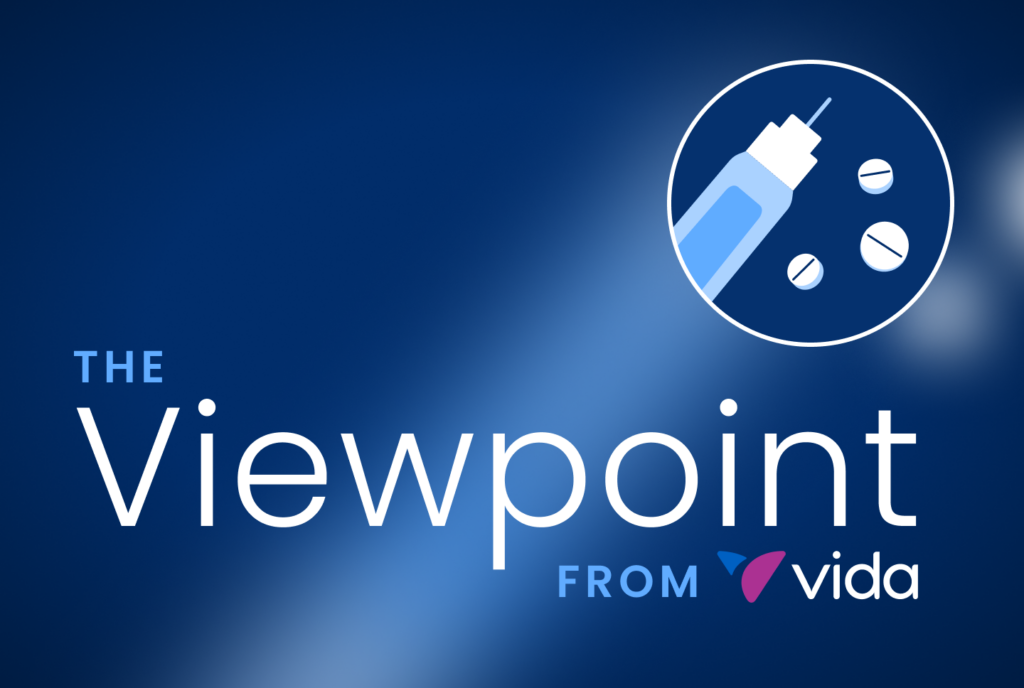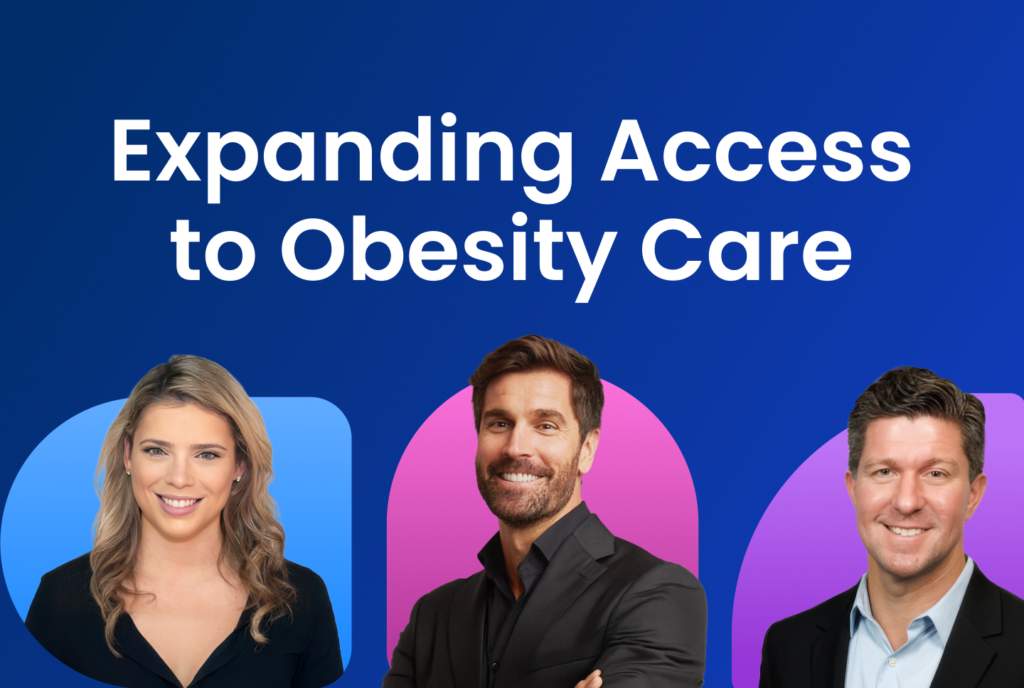When Dr. Katrina Gordon earned her board certification in obesity medicine from the American Board of Obesity Medicine in December 2024…
, it represented a shift from treating the downstream consequences of chronic disease to tackling them head-on with prevention, science-based interventions, and compassionate care.
“I wanted to do more than treat the end result. I wanted to get ahead of it with more preventive measures. I started with studying for a master’s degree in integrative medicine and then decided to become board certified in obesity medicine to make a career path change.”
This decision, as she describes it, was about purpose. It was about seeing the gaps in how the healthcare system approaches obesity, not as a chronic condition to be managed like diabetes or hypertension, but too often as a matter of willpower or lifestyle failure.
You’re not.
Why Board Certification Matters in Obesity Care
The American Board of Obesity Medicine (ABOM) provides rigorous training in the complexities of obesity, from the biological and psychological drivers to the rapidly evolving pharmacological landscape. For patients, having a board-certified obesity specialist like Dr. Gordon means receiving care grounded in science, not stigma.
It also means having a physician who understands that obesity isn’t one-size-fits-all. Each patient’s journey is unique, shaped by their health history, environment, lifestyle, and even access to care.
Dr. Gordon explains that what drew her to Vida Health was exactly this philosophy: care that’s integrated, personalized, and stigma-free.
“The integration and easy access to dietitians, mental health providers, coaches, and medical providers immediately sparked my interest to join the Vida Health team. Depending on where you live, sometimes it is not as easy to get access to some of these services. It is even more special to have them all easily available on one platform without paying copays or monthly membership fees.”
At Vida, that model comes to life through a collaborative care team that includes physicians, nurse practitioners, registered dietitians, certified health coaches, therapists, and care navigators working together to give each member the right support, at the right time.
Celebrating Member Success
Among the many stories Dr. Gordon has witnessed in her practice, one stands out as a clear example of how integrated, stepwise care can make a real difference.
“[One] patient was an older gentleman for whom I prescribed a GLP-1 injectable to assist with his lifestyle changes which included limited exercise with severe knee arthritis,” Dr. Gordon recalls. “He lost enough weight to qualify for his first total knee replacement and it turned out to be a success.”
Here, the weight loss wasn’t just about the number on the scale, it was about restoring mobility, independence, and quality of life. With the help of a GLP-1 and tailored lifestyle changes, this patient achieved enough progress to unlock a surgery that ultimately improved his life.
Stories like this reinforce why obesity care can’t be siloed. It impacts cardiovascular health, diabetes outcomes, orthopedic health, mental health, and more. Treating obesity with the same seriousness as other chronic conditions can have ripple effects across a patient’s entire health journey.
The Future of Obesity Care: Telemedicine, Technology, and Beyond
Looking ahead, Dr. Gordon sees technology as a critical driver of change.
The rise of telemedicine during the pandemic made virtual care mainstream, and new tools are expanding how patients can monitor and manage their health from home.
“The exponential rise of telemedicine and home medical technology like continuous glucose monitors in the last few years has made it possible for more people to have access to care and convenient tools to monitor their health. We can set an example on how to utilize these resources and what works to make patient populations healthier.”
This vision is already being realized at Vida.
Remote monitoring, AI-driven onboarding, and personalized care pathways are helping patients stay engaged, while outcome tracking demonstrates real clinical and financial impact for employers and health plans.
For Dr. Gordon, the opportunity is clear: By leveraging both human connection and digital innovation, obesity care can finally catch up to the standard of other chronic diseases.
Redefining Success in Obesity Care
As obesity continues to be one of the most pressing health challenges globally, physicians like Dr. Gordon are at the forefront of a paradigm shift away from stigma, toward science; away from fragmented care, toward integration; away from quick fixes, toward sustainable health.
And with her board certification in obesity medicine, her commitment to prevention, and her dedication to real patient impact, Dr. Gordon is helping set a new standard for what obesity care should look like.



